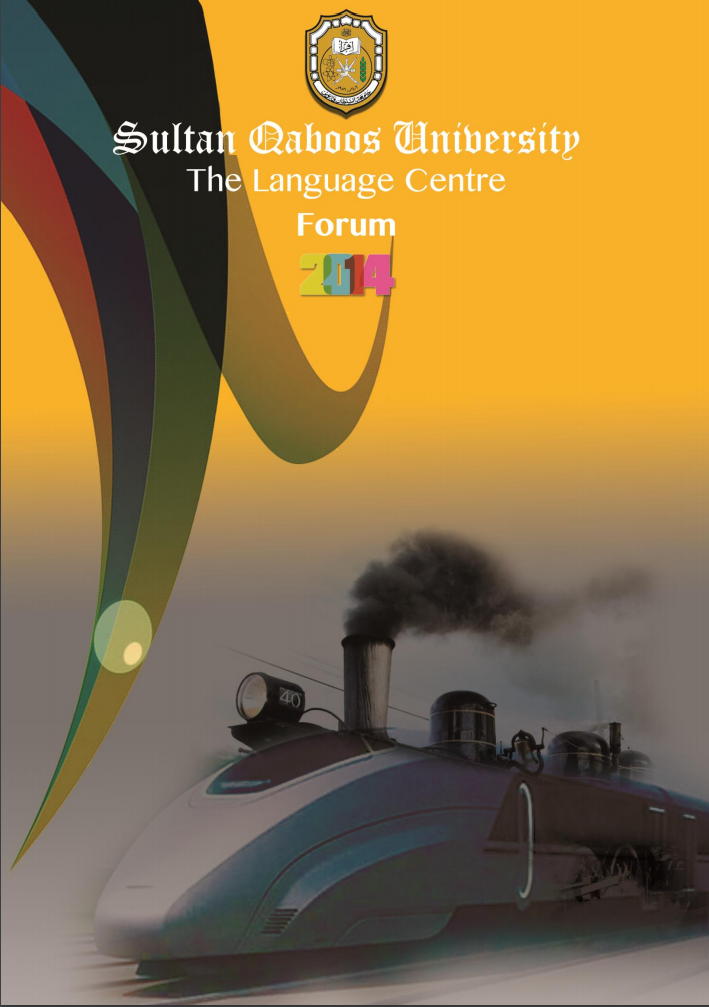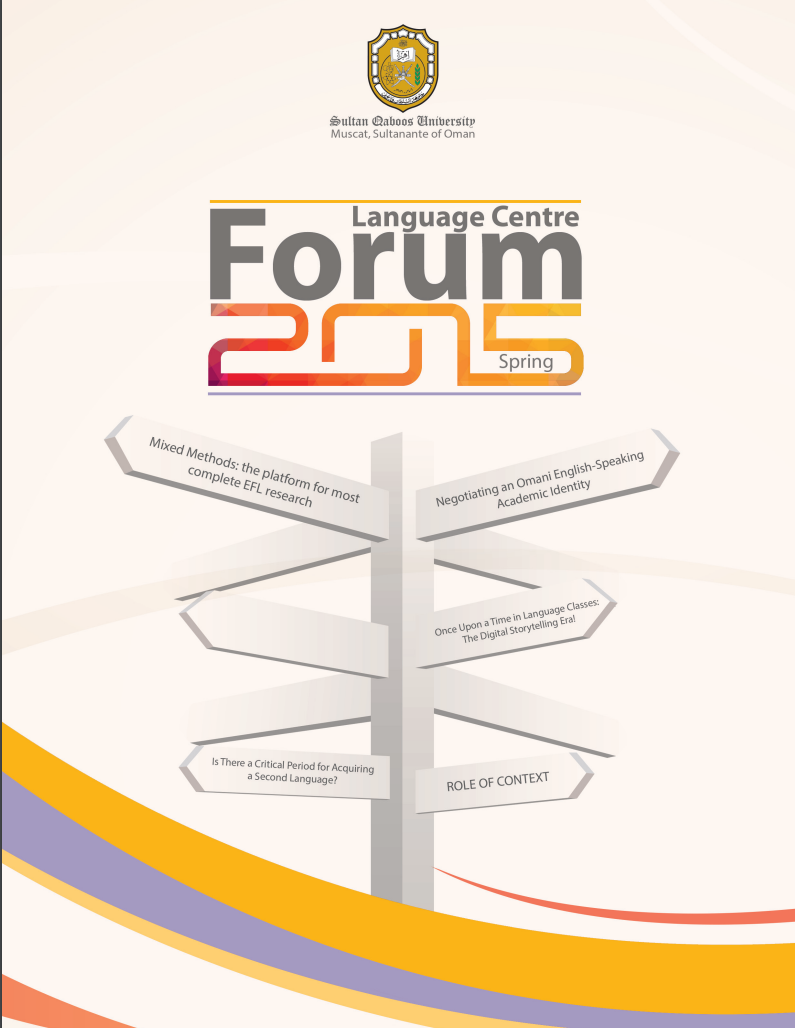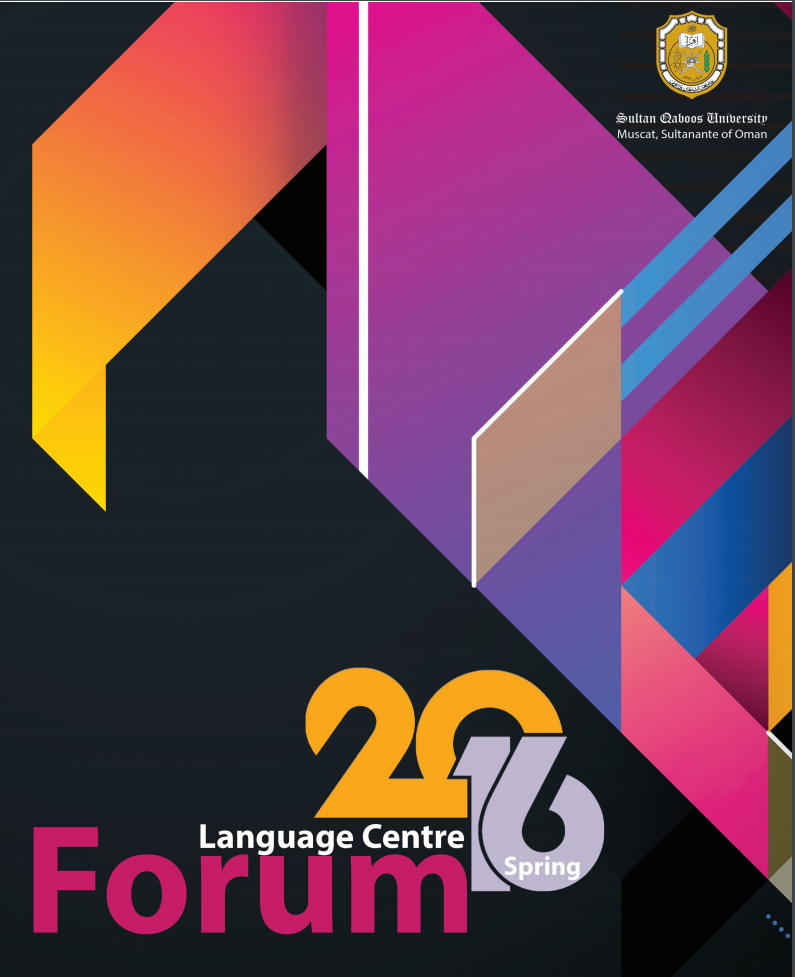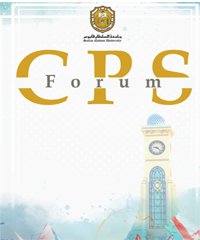CPS Forum
   
The CPS' Forum serves as a scholarly resource and record of the current state of research in the fields of Teaching and Learning, Teacher Education, and Educational Management. The goal of the CPS' Forum is to present a growing body of research in the content areas of Mathematics, Information Technology, and English Language Teaching. It focuses on contemporary trends and issues, theory and practice-based models, innovative concepts, and the effective use of traditional or creative approaches to teaching and learning.
For those interested in submitting to the CPS Forum, articles should be of interest and relevance to EFL or Foundation Study teachers and administrators. Articles may address significant policy and practice issues, and a wide range of formats and approaches to scholarship are accepted. The forum includes quantitative studies, qualitative research, conceptual and theoretical papers, case studies, and professional practice papers.
Submissions should be clearly and coherently written so that the contents are internally consistent and accessible to the readership. There should be a balance between theory and practice. Descriptions of practice should be related to underlying theoretical principles, and the theoretical concepts should be clarified by reference to their practical applications. Articles must demonstrate an awareness of other and recent work carried out in the area on which they report.
The Aim of the Forum
The CPS' Forum aims to present a growing body of research in the content area of English Language Teaching as well as foundational studies in Mathematics and Information Technology. The CPS' Forum focuses on contemporary trends and issues, theory and practice-based models, innovative concepts, and the effective use of traditional or creative approaches to teaching and learning.
Submission Review Policy
All CPS Forum submissions are peer-reviewed by at least two reviewers who are members in CPS Editorial Board or the Central Research and Conference Committee (CRCC). Papers are subject to a double-blind review.
Reviewers will offer the authors of accepted papers, comments with the intent to improve the quality of the article in terms of content, style, and layout. For practical reasons, the committee will not provide feedback on proposals that have not been accepted. If the review results are not clear, a third and senior reviewer of CRCC decides whether a paper can be accepted or not.
The editors reserve the right to make any changes in the papers in the interest of clarity or space, but these will not affect the sense of the original.
|